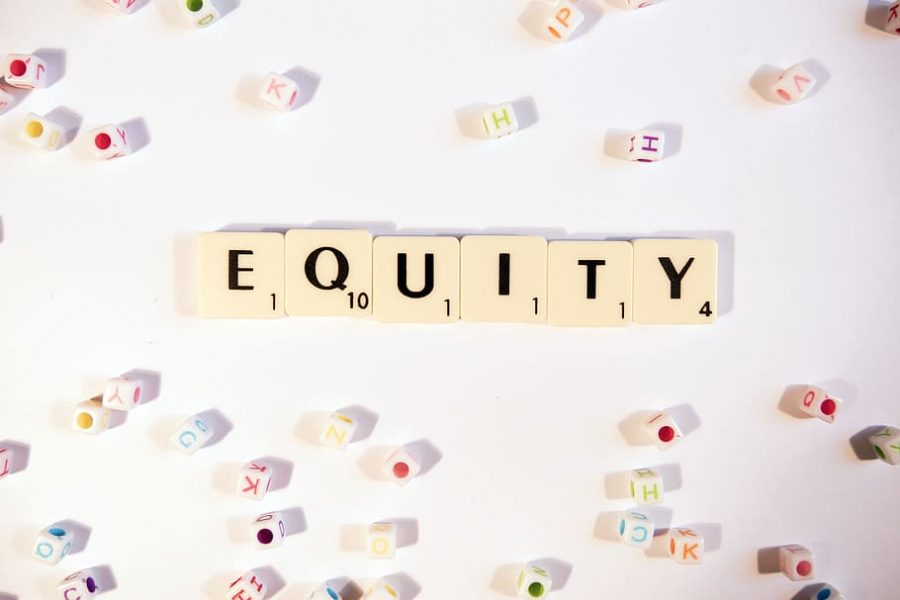MRUSD’s Equity Committee
October 27, 2021
With the current focus on equity at Bellows Free Academy, some may be wondering what the Maple Run Unified School District is doing to support students and fight back against hate. The truth is, they are doing more behind-the-scenes than most students know.
One of the ways our district has been striving to support students is through the MRUSD Equity Committee.
Alexis Hoyt, the MRUSD Student Support Director, who took over facilitating the Equity Committee in July 2021, explained that the committee was founded in 2016 after Black Lives Matter protests spurred a sharper focus on educational equity in our area.
The committee has been making strides to increase equity in our district ever since.
According to Hoyt, the committee’s aim is to work on social-emotional learning, restorative practices and equity throughout the MRUSD.
“Our main focus is revamping [current and future] systems that aren’t really equitable in nature,” Hoyt said. She added, “We’re really trying to look at things from a systemic perspective.”
According to Hoyt, this work often involves looking at practices currently in place in our district and trying to improve them. Whether it’s school curriculum or disciplinary practices, the Equity Committee aims to view everything through a lens of “is it equitable?”
Hoyt said that the committee meets once a month, where they review current activities in the district and connect with local equity workers. Currently, the committee is working on creating public forums, so community members can have some input on the direction the committee is taking and the work they need to be doing.
“We really want to elevate student, parent and community voices in this work,” Hoyt said.
In the future, Hoyt and her colleagues hope to see the district as a whole focusing more on whether or not practices are equitable before implementing them-not after.
“We need to start with [asking whether or not things are equitable]. And if the answer is no, then we shouldn’t be doing the work in the first place,” Hoyt said.
According to Hoyt, both her and her colleagues share a real passion for the work they are doing with the committee. She also notes that a big part of their position is being an advocate for those who can’t advocate for themselves, as well as being willing to have difficult conversations and eliminate barriers for historically marginalized communities.
“Every student has the right [to] thrive,” Hoyt said. “And the only way it’s going to happen is [through the work we’re doing].”

